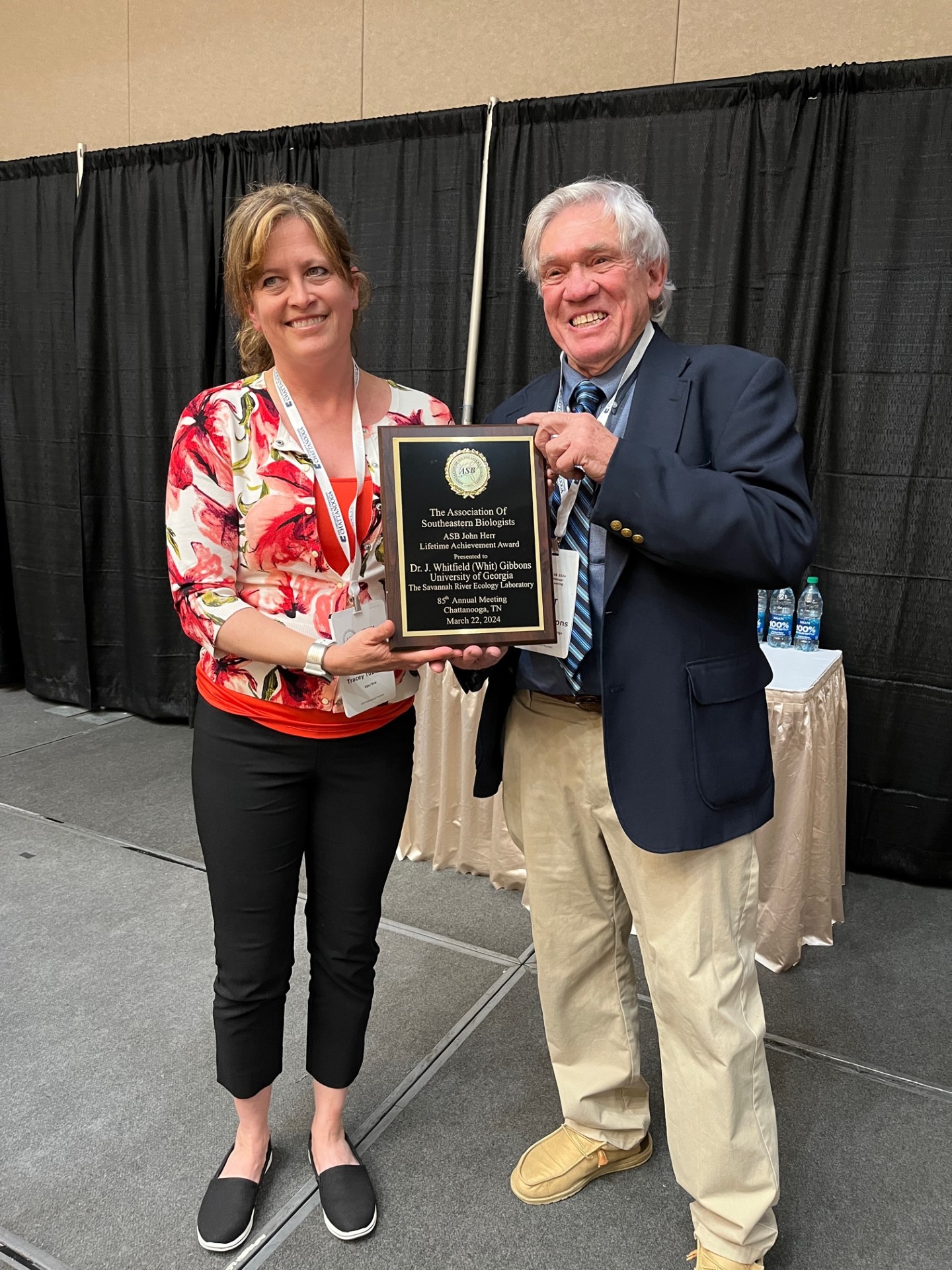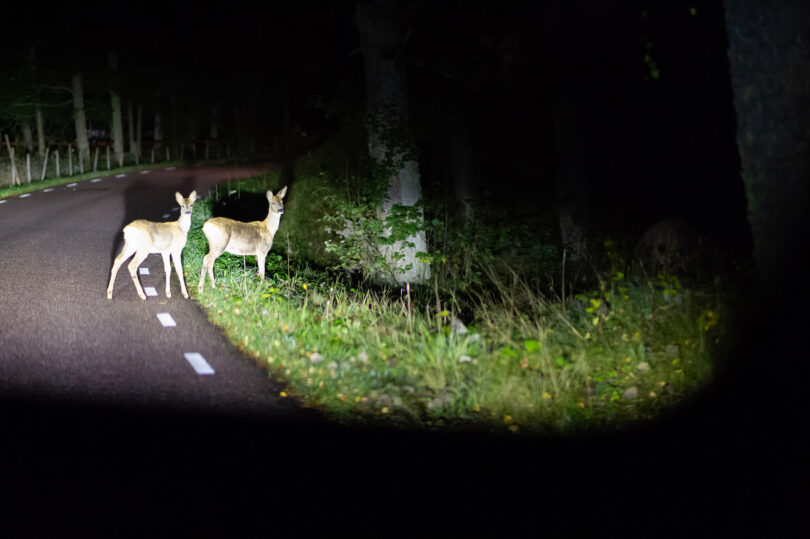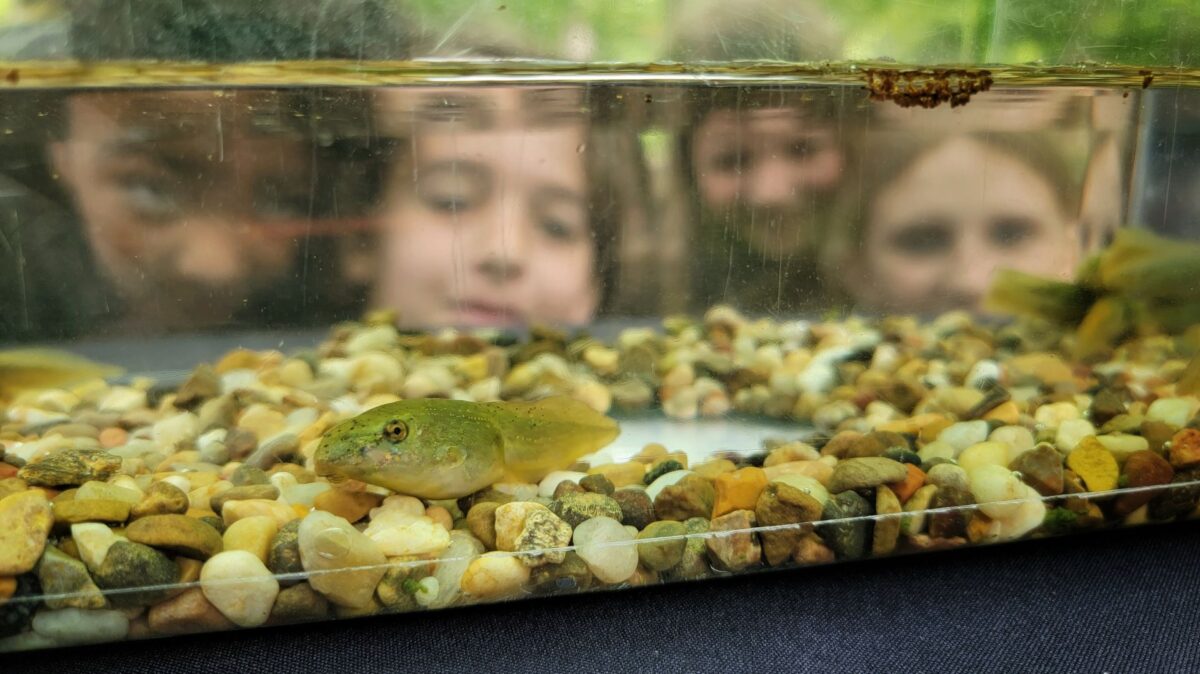Slither, hop, or soar into SREL’s premier event!
AIKEN, SOUTH CAROLINA, July 11, 2023 – The University of Georgia Savannah River Ecology Laboratory is hosting, for the first time in four years, Science Saturday (formerly Touch an Animal Day) on Saturday, July 15, 2023. This event will be held at South Aiken High School from 10 AM – 1 PM.
Attendees will have the opportunity to hold alligators, touch a rattlesnake, watch plants breath, see vultures, owls, and hawks, and meet some adorable critters. In addition to exhibiting plants and animals, residents will be able to talk with scientists and graduate students about their research.
“This event showcases a little bit of everything from the lab,” states Katrina Ford, assistant director for outreach and education. Ford adds, “It’s a chance for the public to get up and close with the science being conducted at SREL.”
Olin Rhodes, the director for the Savannah River Ecology Laboratory and a professor in the Odum School of Ecology, asserts, “It is critical that SREL shows the public the types of research and education efforts that we conduct at the lab so that they understand our important role in the community in helping to keep everyone informed about potential health risks as well as the progress toward keeping our natural environment healthy and sustainable for future generations.”
Science Saturday is one of several free programs offered at SREL. The lab has a long history of community involvement and investment into the next generation. The Outreach and Education team presents programs such as Ecologist for a Day and EcoTalks throughout the year. The Ecologist for a Day program allows students to become immersed in a guided facilitated field experience. Students identify living and nonliving components that make up our local ecosystems. Students participating are inspired to consider careers in the areas of S.T.E.M. (science, technology, engineering, and math).
In addition to offering opportunities to community, SREL provides a variety of occasions for undergraduate and graduate students pursuing careers in environmental science and related disciplines to experience field work through internships, courses, and technician positions.
Rhodes affirms, “SREL is committed to utilizing its unique set of scientific expertise and state of the art research facilities to provide educational opportunities to undergraduates and graduate students from our local communities, our region, and from across the globe. A large part of SREL’s mission is to train future generations on how to conduct impactful and high-quality research for the benefit of our local communities, our nation, and our natural environment.”




